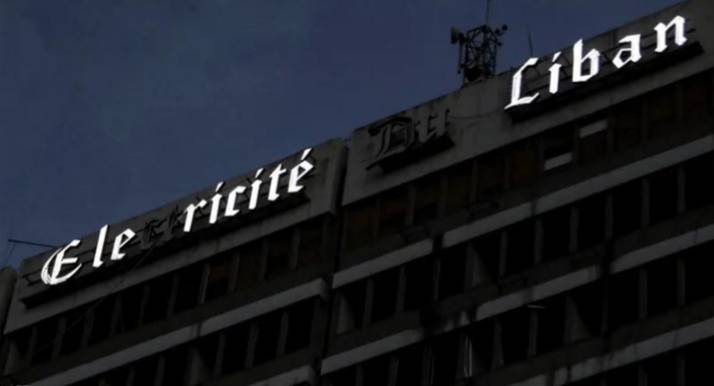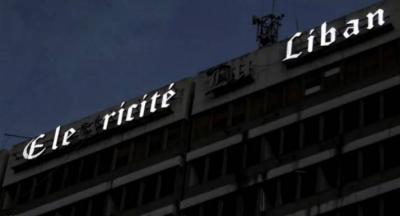For those following the "activity" of officials in the electricity sector or the electricity crisis, one might think these individuals will not sleep at night until they find a solution. However, in reality, what is occurring is a movement without blessing and a spinning in a vicious cycle. The Lebanese are tired of news discussing meetings aimed at addressing the electricity situation, with the latest meeting taking place today at the governmental palace, while "state electricity" is scarcely available and "generator electricity" controls the people: high prices and strict rationing!
At a time when it seems that officials are searching for a needle in a haystack, solutions are available through the implementation of the law. In this context, legal expert in the field of energy, attorney Kristina Abi Haidar, explains that the problem currently facing Lebanon is due to a liquidity shortage, which in turn leads to a lack of energy production because of the inability to purchase fuel.
Abi Haidar mentions, through "Akhbar Al-Yawm" agency, that the international community has been urging Lebanon toward reforms across all sectors, including electricity and telecommunications, for decades. Starting from 2002, a series of laws were enacted as Lebanon moved towards implementing the decisions of the Paris 1, 2, and 3 conferences; each time Lebanon sought international conferences for loans, it legislated the necessary laws in parallel, but these remained largely unimplemented including Law 462 issued in May 2002 concerning the regulation of the electricity sector.
She states: Since then, the reforms in the electricity sector have been known, yet due to the lack of implementation, Lebanon has reached a stage where the doors to loans have closed, leading to collapse. Therefore, it is necessary to rebuild trust, which begins with reviving the sector by applying Law 462.
In response to a question, Abi Haidar sees that the Electricité du Liban (EDL) is no longer effective, and instead of allowing it to remain under the control of political powers, its sectors should be dismantled from one another, meaning that the law should be implemented and the private sector invited to participate in these sectors. However, the private sector will not invest without clear indication that Lebanon is not an environment conducive to corruption, nor should any investment for the private sector resemble the practices of politicians in Lebanon.
Based on the above, Abi Haidar believes that Lebanon does not need production plants in light of this crisis and collapse; what is the use of concrete buildings if there is no capability to operate them? Here, Abi Haidar returns to Law 462, which is based on three essential factors: appointing a regulatory authority, but this alone is insufficient without breaking the monopoly of Electricité du Liban and involving the private sector in production and distribution.
While clarifying that involving the private sector is not the same as privatization, Abi Haidar also emphasizes the necessity of passing the original version of the distributed renewable energy law (i.e., without exceptional powers for the minister and the Ministry of Energy), which would encourage the private sector to invest in this field.
She concludes: The solution to the electricity crisis today requires political will that sets politics aside from the sector; only then can progress be made.




